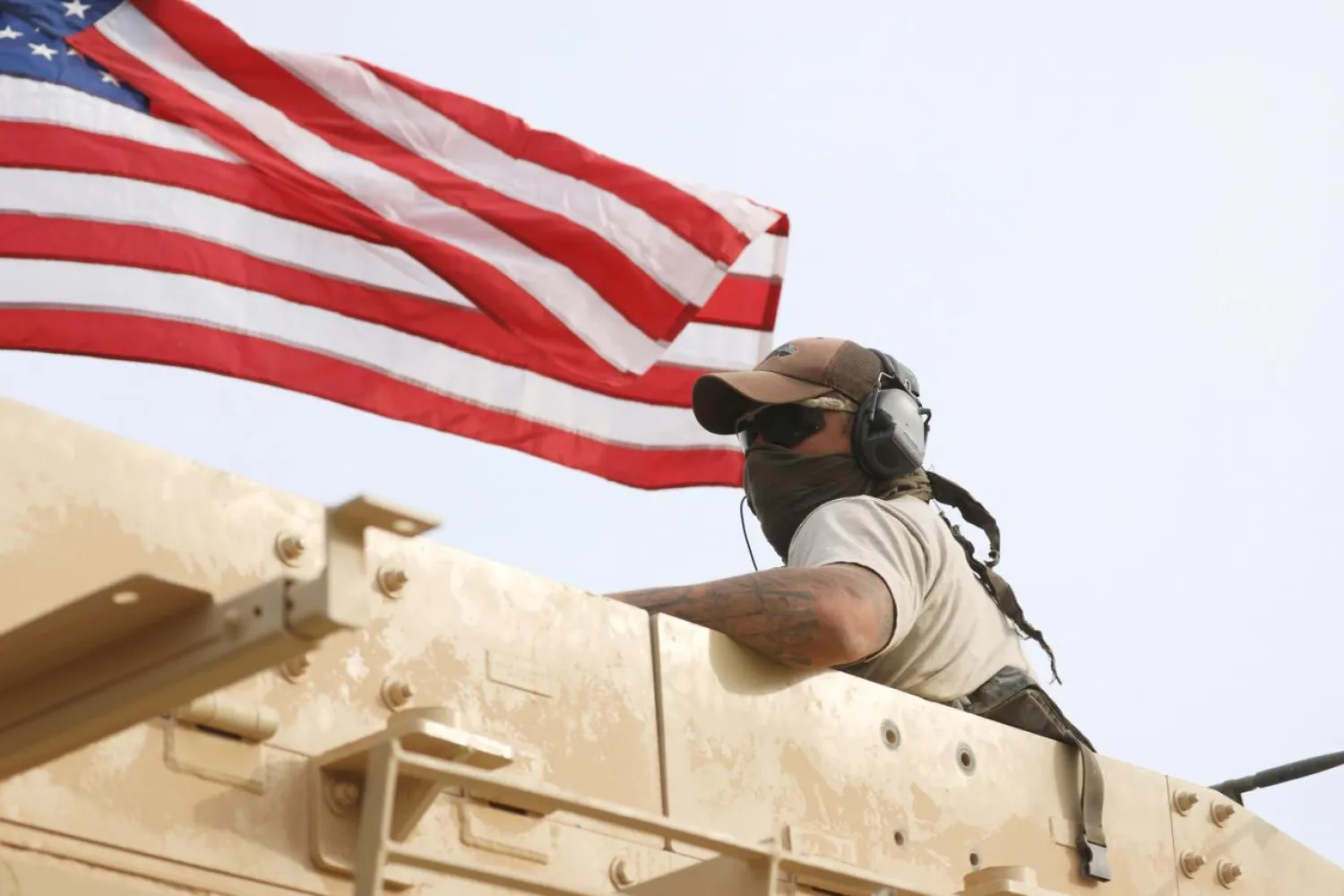The United States began on Wednesday withdrawing its troops from Syria, citing the defeat of the ISIS terrorist group.
"We have started returning United States troops home as we transition to the next phase of this campaign," White House spokeswoman Sarah Sanders said in a statement issued after President Donald Trump tweeted that "We have defeated ISIS in Syria, my only reason for being there."
"We have started returning United States troops home as we transition to the next phase of this campaign," White House spokeswoman Sarah Sanders said in a statement issued after President Donald Trump tweeted that "We have defeated ISIS in Syria, my only reason for being there."
It was not immediately clear from Sanders' statement whether all of the roughly 2,000 US troops in the country would leave and if so, by when.
Sanders suggested that the United States would remain engaged to some degree.
"The United States and our allies stand ready to re-engage at all levels to defend American interests whenever necessary, and we will continue to work together to deny radical terrorists territory, funding, support," she said.
The US will withdraw all of its troops from Syria, a US official told AFP
"We have defeated ISIS in Syria, my only reason for being there during the Trump Presidency," the Republican leader tweeted.
The US official told AFP that Trump's decision was finalized Tuesday.
"Full withdrawal, all means all," the official said when asked if the troops would be pulled from across all of Syria.
Currently, about 2,000 US forces are in Syria, most of them on a train-and-advise mission to support local forces fighting ISIS.
Most US troops are stationed in northern Syria, though a small contingent is based at a garrison in Al-Tanaf, near the Jordanian and Iraqi borders.
A decision to pull out completely would upend assumptions about a longer-term US military presence in Syria, which senior US officials have advocated to help ensure ISIS cannot reemerge.
It could also undercut US leverage in the region and undermine diplomatic efforts to end a war in Syria that has killed hundreds of thousands of people and displaced around half of the country's pre-war 22 million population.
The US State Department is evacuating all of its personnel from Syria within 24 hours, a US official told Reuters.
The official said the US plans to pull military forces out of the country once the final stages of the last operation against ISIS is complete, and that the time-frame for the troop pullout is expected to be between 60 to 100 days.
The decision came after a phone call between Trump and his Turkish counterpart Recep Tayyip Erdogan on Friday.
"Everything that has followed is implementing the agreement that was made in that call," the official said.
Just last week, the US special envoy to the anti-ISIS coalition, Brett McGurk, said US troops would remain in Syria even after the ISIS was driven from its strongholds.
"I think it's fair to say Americans will remain on the ground after the physical defeat of the 'caliphate', until we have the pieces in place to ensure that that defeat is enduring," McGurk told reporters on December 11. "Nobody is declaring a mission accomplished. Defeating a physical caliphate is one phase of a much longer-term campaign."
And two weeks ago Gen. Joseph Dunford, chairman of the Joint Chiefs of Staff, said the US still has a long way to go in training local Syrian forces to prevent a resurgence of ISIS and stabilize the country. He said it will take 35,000 to 40,000 local troops in northeastern Syria to maintain security over the long term, but only about 20 percent of them have been trained.
Trump's national security adviser, John Bolton, said in September that the US would keep a military presence in Syria as long as Iran is active there. "We're not going to leave as long as Iranian troops are outside Iranian borders and that includes Iranian proxies and militias," he said.









